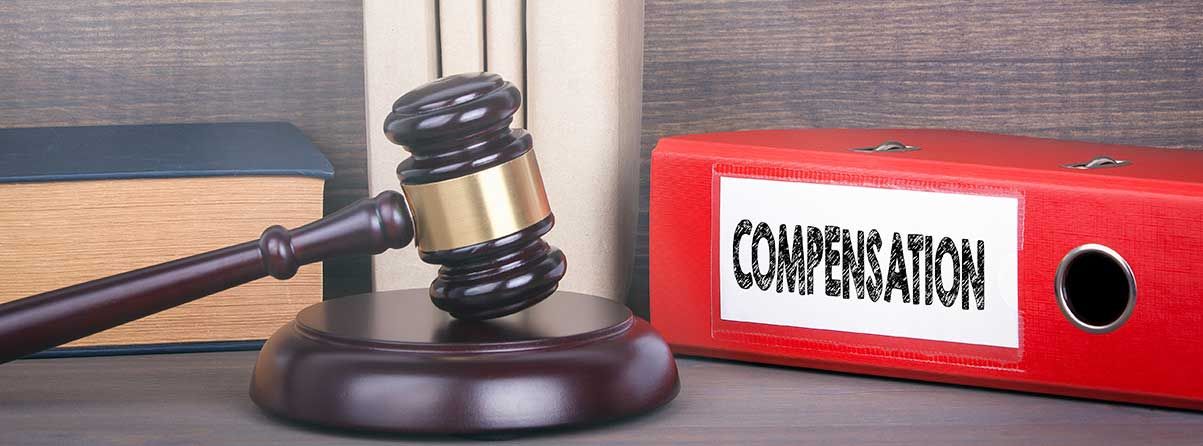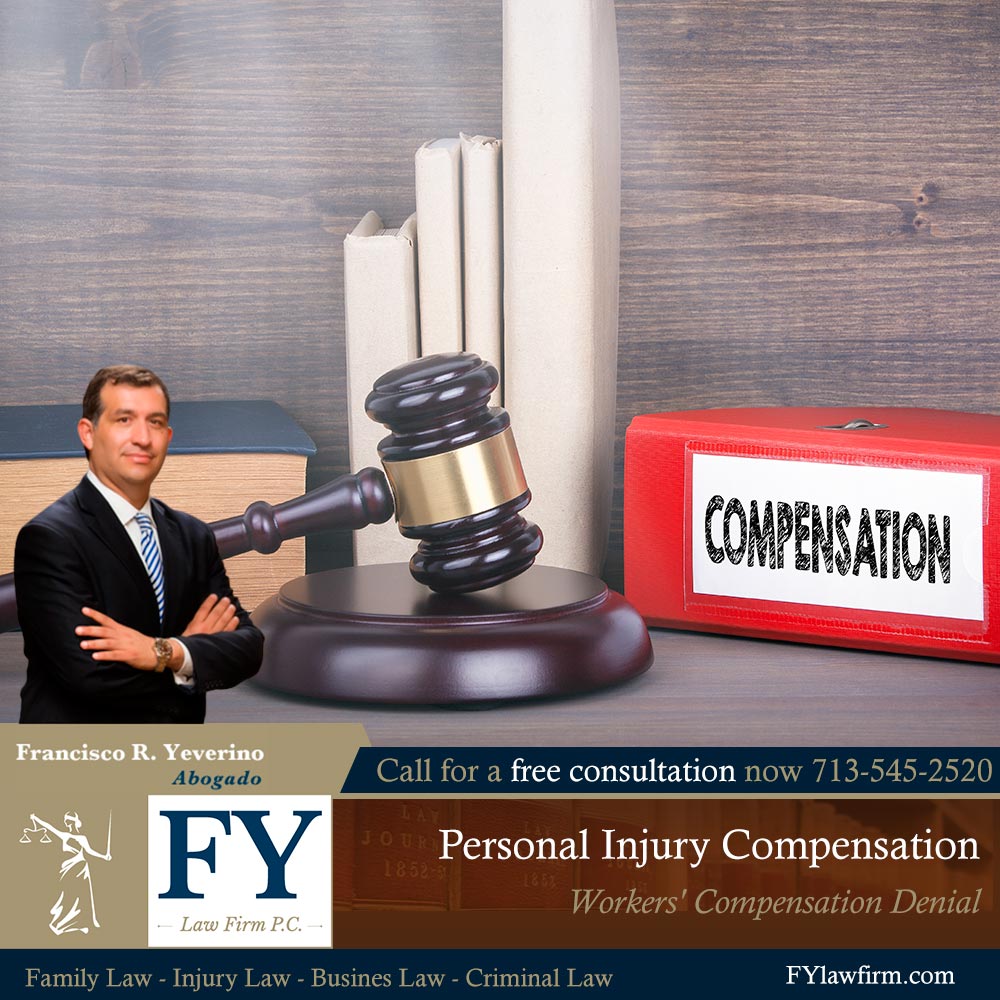
Personal Injury Compensation
How to Appeal Your Workers' Compensation Denial in Texas
If your Texas workers’ compensation claim has been denied, you can appeal the decision to try to get a more favorable outcome. This article explains the workers’ comp appeals process in Texas and provides tips on how to successfully challenge a claim denial.
Notice of Denial
In Texas, your employer’s insurance company has 15 days from the time you file a claim to either start paying your benefits or give you written notice that it has denied your claim. The notice must state the reason for the denial. Insurance companies dispute claims for many reasons, so it is important to know what the reason is in your case. For example, your claim might be denied because the insurance company doesn’t think your injury happened at work or because it thinks your injury stems from a preexisting condition unrelated to work.
Request a Benefit Review Conference
To appeal a notice of denial, you must first request a benefit review conference (BRC). To request a BRC, submit a Request to Schedule, Reschedule or Cancel a Benefit Review Conference (DWC Form-045) to the Texas Division of Workers’ Compensation. This form asks you to provide information about your injury, what benefits you are claiming, and why you disagree with the insurance company’s denial of your claim.
A BRC is an informal meeting where a benefit review officer will try to help you and the insurance company reach a voluntary agreement about your claim. At the BRC, you and the insurance company will each get a chance to tell your side of the story and provide documents you feel support your case. The benefit review officer will talk with both sides and communicate settlement offers, but he or she will not make a decision in your case.
If you reach an agreement at the BRC, the case will end and both sides will sign a settlement agreement that outlines the terms of the deal. If you do not reach an agreement, you can move on to arbitration or a contested case hearing.
Arbitration
Arbitration is often a quicker and cheaper way to resolve a workers’ comp dispute than a contested case hearing. If both sides agree to arbitration, the Division of Workers’ Compensation will assign an arbitrator to your case. The arbitrator will preside over the arbitration, which is a more formal meeting than the benefit review conference. At the arbitration, you will present documents and witnesses to testify under oath. After hearing all of the evidence, the arbitrator will make a decision. Once the arbitrator makes a decision, neither side can appeal it.
Because the appeals process requires extensive knowledge of workers’ comp law and procedural rules, it’s usually best to hire an experienced workers’ compensation lawyer to represent you at a hearing.
Contested Case Hearing
Instead of going to arbitration, you can opt to go to a contested case hearing (CCH). A CCH is more formal than arbitration and closer to a full trial. The hearing is held in front of a Division of Workers’ Compensation hearing officer. Each side will submit medical evidence, present witnesses to testify under oath, and make opening and closing arguments. You’ll need to show compelling evidence as to why the initial denial was wrong and why you are entitled to benefits.
After your hearing, the hearing officer will make a decision and mail it to both parties. If you are unsatisfied with the hearing officer’s opinion, you can appeal to the Division of Workers’ Compensation Appeals Panel.
Appeals Panel
To appeal the hearing officer’s decision, you must submit a written request within 15 days of receiving the hearing officer's decision. Your request must include the reason for your appeal. After you appeal, the insurance company will have 15 days to file a response. The panel will not hold another hearing, but will instead make its decision based on the written statements of the parties and the record of the contested case hearing. The panel will make its decision within 45 days. Once the appeals panel files its opinion, either side has 45 days to appeal the decision through the Texas courts.
Consult With a Lawyer
Because the appeals process requires extensive knowledge of workers’ comp law and procedural rules, it’s usually best to hire an experienced workers’ compensation lawyer to represent you at a hearing. A lawyer will know how to present your case most effectively and will put you on equal footing with the insurance company.
source: lawyers
If you are undocumented and need Legal Help for DWI or DUI, Without a License, Drugs' Possession or Domestic Violence. You can contact Attorney Frank Yeverino (713) 545-2520, who specializes in Undocumented Criminal Defense of the, he will take personally the call to assist you directly and quickly. The Fy Law Firm helps you.

Personal Injury Compensation
Drunk Driving, Driving Under the Influence DWI, Driving Under the Influence DUI, Accidents, Personal Injury Compensation, Claim for Personal Injury, Personal Injuries, Possession of Drugs, Criminal, Drug Related Offenses, Drug traffic, Possession of Marijuana, Domestic violence, False Charges of Violence, Arrest for Domestic Violence, Family Cases, Divorces, Legal Custody of Children, Child Support, Alimony, Driving without a Driver's License, Driving without a License, Arrest for Driving without a License, Drive with Expired License, Locate my husband with the ID, Federal Crimes, Undocumented, Criminal Defense for the Undocumented, Criminal Defense for Immigrants, Defense for Immigrants, The Fy Law Firm

